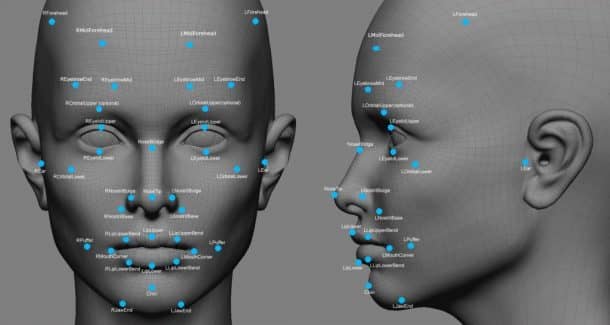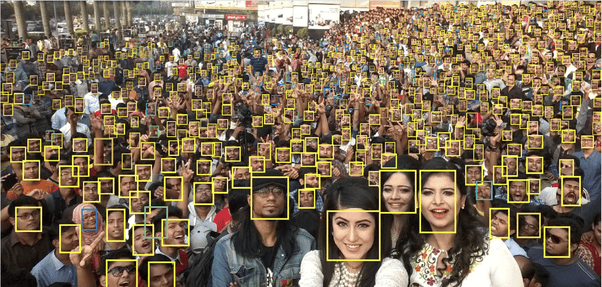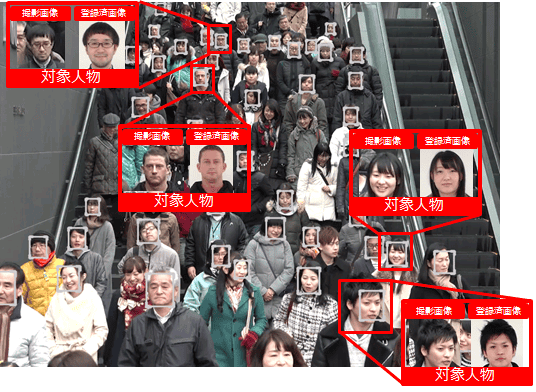A man who was wanted for fraud was arrested by the Chinese police after facial recognition identified him in a crowd of 60,000 people. The unsuspecting suspect was attending a concert in the city of Nanchang, China. Police Officer Li Jin said that the man felt he would be safe in such a large crowd.
“He was very shocked and had a blank face when we caught him,” the officer said. “He never dreamt in his wildest imagination that the police could find a needle in the haystack.” China has over 176 million cameras all over the country to target even minor offenses.

This increasing use of surveillance cameras is said to be used for things other than the people’s security. Human Rights Watch (HRW) has not been quiet on this mass surveillance in China. Maya Wand, a senior researcher at HRW said that China was using big data to target ethnic minorities.
“For the first time, we are able to demonstrate that the Chinese government’s use of big data and predictive policing not only blatantly violates privacy rights but also enables officials to arbitrarily detain people. People in Xinjiang can’t resist or challenge the increasingly intrusive scrutiny of their daily lives because most don’t even know about this ‘black box’ program or how it works,” Wang wrote.

“If the Chinese government’s goal is to prevent bona fide crimes, it could train police and procurators in professional, rights-respecting methods, and empower defense lawyers. Arbitrary mass surveillance and detention are Orwellian political tools; China should abandon use of them and release all those held in political education centers immediately,” Wang added.
This use of technology is also being taken up by the west and the New York Police Department’s Real Time Crime Center and Facial Identification Sections announced that they were seeking access to the state’s database of driver’s licenses while Australia’s Department of Home Affairs rejected the notion that warrants should be required to use the country’s facial recognition database.

In a submission to the Parliamentary Joint Committee on Intelligence and Security, the department stated that:
“While it is not yet clear how often government agencies will use the services, it is likely that a requirement to obtain a warrant would effectively prevent government agencies from using the services, or obtaining the benefits of the services, in many cases. The privacy benefits of requiring agencies to obtain a warrant would likely be significantly outweighed by the decreased ability of agencies to carry out their law enforcement and national security functions.”
In my opinion, as long as facial recognition is helping catch criminals, it is not a problem. But, if it is being used for other personal gains then that needs to be regulated to stop the abuse of the power rather than eliminating the facial recognition software altogether.


